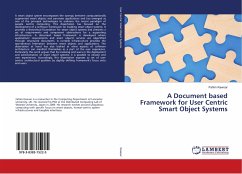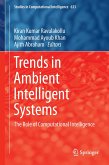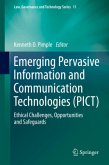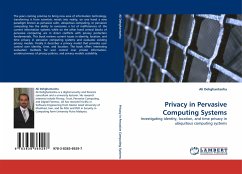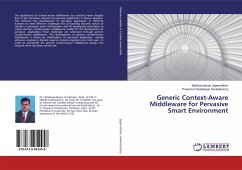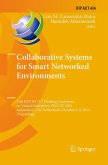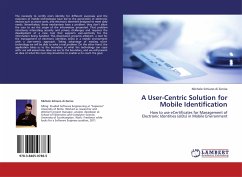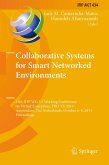A smart object system encompasses the synergy between computationally augmented smart objects and pervasive applications and has emerged as one of the principal technologies to embrace the recent paradigm of people centric computing. This dissertation has focused on the development of a software framework for building smart object systems. It provides a theoretical foundation for smart object systems and presents a set of requirements and component abstractions for a supporting infrastructure. A document based framework is developed where applications' requirements and smart objects' services are objectified through structured documents. A runtime infrastructure provides the spontaneous federation between smart objects and applications. The dissertation at hand has also looked at what aspects of software architecture can manifest themselves as a part of the user experience. Particularly this work argues that by involving end users in the deployment and administration of smart object systems, it is possible to elevate end user experiences. Accordingly, this dissertation exposes as set of user centric architectural qualities by slightly shifting framework's focus onto end users.
Bitte wählen Sie Ihr Anliegen aus.
Rechnungen
Retourenschein anfordern
Bestellstatus
Storno

